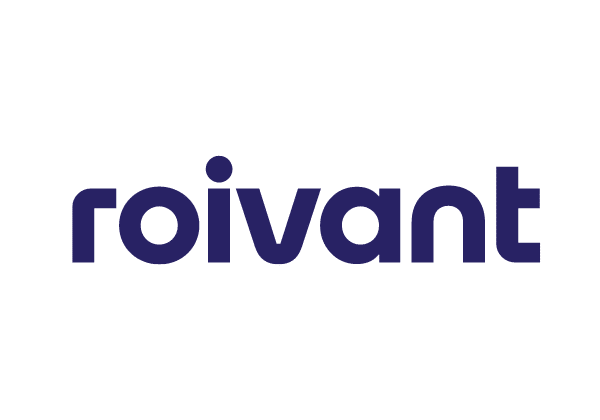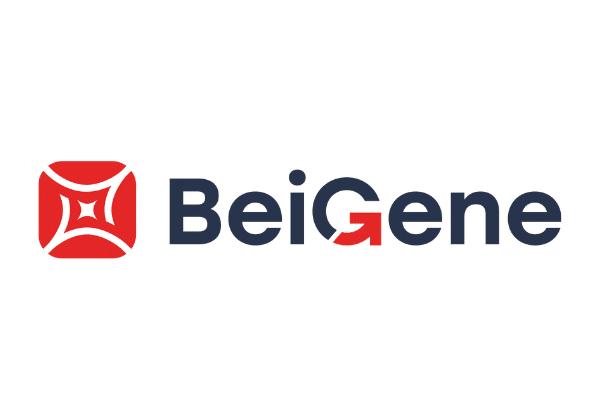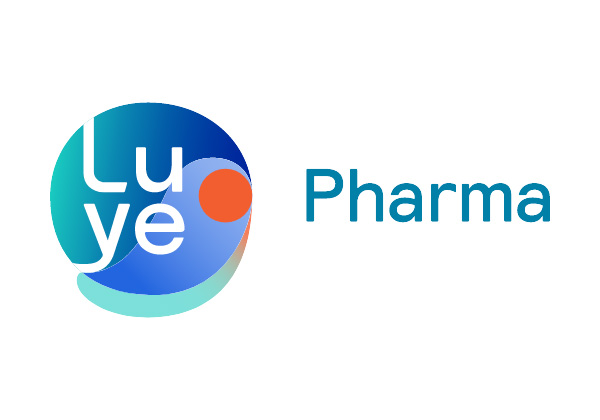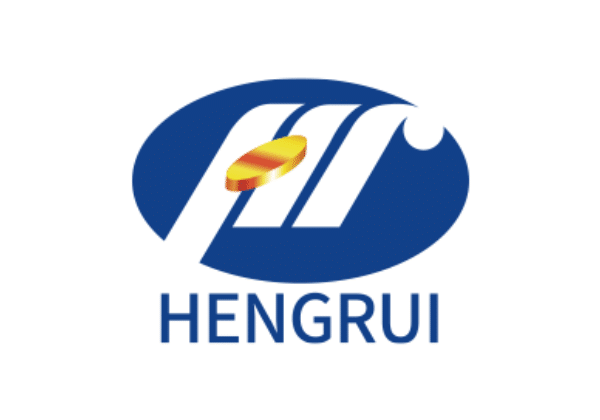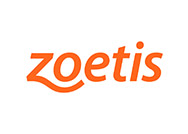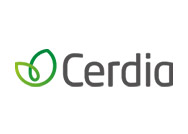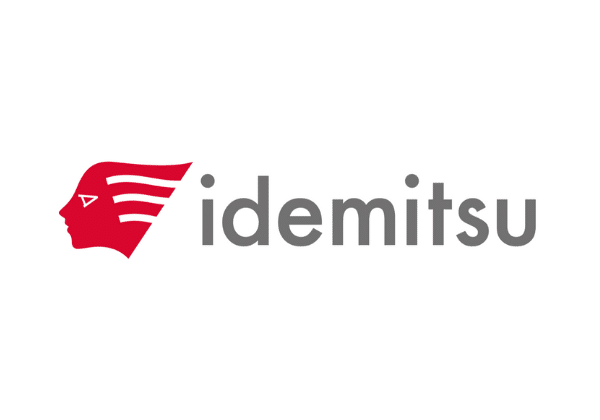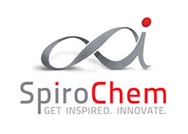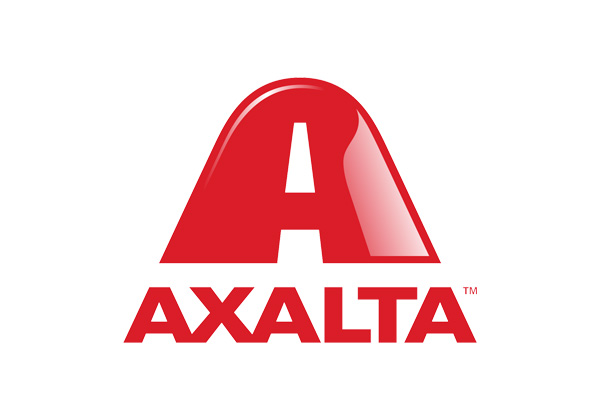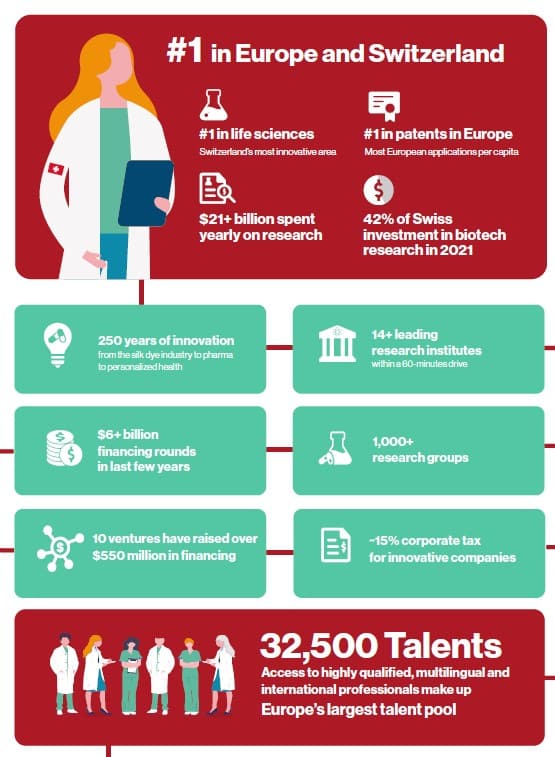Life sciences in Switzerland
More than 32,500 people – that’s how many professionals work in some field of life sciences in the Basel Area. Without exaggeration: If life sciences are important in Switzerland, they are huge in the Basel Area. This unique setting makes the region in northwestern Switzerland a preferred life sciences location in Europe – and an ideal place for companies to find partners and grow a profitable business. But why are life sciences so successful in the region? We’ll show you and as a bonus we’ll also spell out how to become a part of one of the most successful life science clusters in the world.
What you will find on this page
- Areas of life sciences in Switzerland.
- Three examples of life science companies
- Why are life sciences so big in a small region like the Basel Area?
- From pharma location to life sciences hub.
- Life sciences startups thrive in Switzerland.
- Service providers and partners in life sciences
- Life sciences find talent in the Basel Area.
Life sciences shape the Basel Area.
Whenever Anke Hollnagel shows customers around the Basel Area, they are stunned: They can reach nearly every place within 20 minutes, the population equals this of a middle-sized town and yet the region holds a candle to life science hotspots like Boston and Cambridge.
”Size and success of the life sciences industry never fail to make an impression.
Anke HollnagelDirector Asia at Basel Area Business & Innovation
Even the architecture reflects the importance of the life sciences sector: Roche has built two high rises at the banks of the Rhine. Further down the river, multinational corporation Novartis maintains a whole campus for 8000 members of staff. But these two global pharma market leaders are just the tip of the iceberg.
The level of innovation and value from life sciences is enormous:
- More than 700 life sciences companies are doing business in the region.
- More than 400 biotech related companies are located here
- 350+ drugs in clinical development.
- More than 102 spin-offs evolved into companies in the Basel Area.
- Every year, Switzerland exports pharma and life sciences products that account for more than 119 billion francs – 75.5 billion francs are on account of the Basel Area.
- The Basel Area counts 235 patent applications per capita every year, making it the most innovative region in Europe (according to the European Patent Office).
- More than 32,500 highly skilled employees work in the life sciences sector.
- Productivity value is $435 USD per hour in the Basel Area.
- Since 2017, more than 40% of all funding in the biotech industry in Switzerland was secured by companies in the Basel Area.
- Life science companies in the Basel Area have secured over USD 550 million in venture capital and private equity and USD 1.6 billion in public market financings in 2021.
Discover more insights from the Basel Area on major scientific fields:
Breakthrough innovation in Oncology
The Gene therapy research landscape
A cluster of talent fighting AMR
Discovering the life sciences hub
Three examples of life science companies in the Basel Area.

Therapeutics
Moderna develops mRNA medicines for various diseases and conditions to create a new generation of transformative medicines for patients.

Digital Health
Holmusk develops digital therapies based on data analytics, focusing on mental and neurological illnesses.

Medtech
Basel-based health tech company Artidis accelerates the analysis of suspicious tissue. A nanosensor palpates the tissue, results can be expected within an hour. Artidis CEO Marija Plodinec does not doubt that the technology will contribute to a transformation in healthcare.
More business success
Discover why these top global companies chose to locate in the Basel Area.
The Basel Area ecosystem
The Basel Area is home to more than 700 life-science companies, many of whom are involved in research into antimicrobial resistance and the development of new drugs and therapies to combat diseases. It’s a progressive ecosystem comprising large companies, spin-offs, start-ups, suppliers, leading research organizations, an experienced talent pool and a pragmatic regulatory framework.
Why are life sciences so big in a small region like the Basel Area?
Life sciences have a long tradition in the Basel Area.
The French businessman Alexander Clavel was a major catalyst for the life sciences in the region: One side of Clavels family were silk dyers, the other part of the family produced Fuchsine, a magenta coloured dye. Clavel was the first to apply the dye method in Switzerland. His small silk dye workshop in the old town of Basel quickly grew into a factory. The success inspired others to follow the example. Business people contributed money, relations and know-how to the region and soon enough, the Basel Area became well-known for chemical products and for their skilled workforce.
From pharma location to life sciences hub
The chemists of following generations did not stop there, though. They used their chemical knowledge to manufacture pharmaceutical products and all kinds of the life sciences evolved – from pharmacology to biotechnology, medical products, agro chemistry or bioinformatics to digital health.
Today, the region is home to some of the biggest life science companies worldwide:
Novartis is one of those big players with a turnover of 51.6 billion dollars per year. Roche is turning over 65 billion dollars per year, making it the biggest pharmaceutical company in the world. Johnson&Johnson has a center for research and development in Allschwil, just a stone throw from the Main Campus of the Switzerland Innovation Park Basel. Several other international players have established central business divisions here as well, among them Abbott, Moderna, Bayer and BeiGene. The region is also one of the most innovative strongholds against antimicrobial resistance.
Big pharma is but one piece of the puzzle: Among the over 700 life sciences companies in the region, there are also mid-size companies and many startups.
Life sciences startups thrive in Switzerland
Agencies like Basel Area Business & Innovation help startups go all the way from founding to funding: Their accelerator program BaseLaunch supports companies with a focus on therapeutics to launch, up to the point where they are ready to acquire funds. It’s no surprise that we see many life sciences startups flourishing in the region: docdok.health AG, Versameb AG, Polyneuron Pharmaceuticals AG, T3 Pharmaceuticals AG – a spin-off from the University of Basel, or Cellestia Biotech AG are just a few of the life sciences startups we accompanied in the last couple of years. They thrive not lastly because funding is accessible in the region: biopharmaceutical company Anaveon received 145 million Swiss francs, Cimeio got 50 million francs, Mosanna Therapeutics 43 million dollars.
Money is important. However, to build a successful life science startup or to grow a company, relations and partnerships are equally important. Find a list of the 10 best accelerator and incubator programs for Swiss startups.
”We plan to spend significantly here in Basel to build up the research and development organization. Basel is one of the few places where you can do that in Europe. One of the things that set Basel apart is the large talent pool in the pharma industry. The other thing of course is the high quality of life here in Switzerland. The Basel Area is a major hub for life sciences. It is multicultural, easygoing and very safe.
Michael van der LaanHead of Clinical Development at Hengrui Europe Therapeutics AG
Service providers and partners in life sciences as a success factor
Life sciences companies value service providers and consulting services that understand business, market and customers at every step of their way – in the Basel Area, they find partners to accompany them for the whole value chain:
- Law and consulting firms support life sciences companies on a strategic level, e.g with starting a business in Switzerland and incorporation.
- Specialists in intellectual property accompany the whole patent portfolio management.
- Contract research organizations like Lonza and contract manufacturing organizations like ten23health execute research in many different pharmaceutical and clinical fields, e.g. in pre-clinical and clinical trials as well as in manufacturing or laboratory analysis.
- Companies like Skan are specialized in building clean rooms and laboratories.
- We from Basel Area Business & Innovation help companies find all the answers on the business side of things. We also connect people and businesses to relevant contacts and strengthen the incredible network in the life sciences.
”The Basel Area has all it takes to make the life sciences industry of the Basel Area what it is: one of the most profitable, most innovative and most successful life sciences hubs worldwide.
Paul EschmannHead of International Markets and Business Affairs
Life sciences find talent in the Basel Area
While the life sciences industry is an engine for growth and innovation, it’s also adding to the diversity of the region: Part of the 32,500 professionals who work here are homegrown in Switzerland but a huge part comes from all over the world. Some come for the excellent education in life sciences at one of the Swiss universities, such as the University of Basel or ETH Zurich, others choose Switzerland for its great career perspectives and the high quality of life. For companies that are just settling in, the setting couldn’t be more advantageous.
Talk to us
”Companies value the skilled talent they can recruit here. Let’s find out if the Basel Area is the right location for your business.
Anke HollnagelDirector Asia at Basel Area Business & Innovation
FAQs:
Which areas of life sciences are present in the Basel Area?
Areas of life sciences in Switzerland
Biotechnology and pharmacy
Medicinal biotechnology researches smallest parts like molecules and cells to deliver diagnostics and therapeutics. One goal is to develop biological molecules to target specific diseases. This is especially important for personalized health and also much relied on in cancer therapies. Biotechnology offers important applications in the pharmaceutical industry. One example of a pharma company applying biotechnology: Moderna.
Digital health
Healthcare has become more digitized in recent years – thanks to smart devices that help to track individual health factors. But digitalization is also key in developing novel products on a large scale. Holmusk, a company from Singapore, develops digital therapies for people with mental and neurological illnesses.
Health and medicinal technology
In the Basel Area, medtech originates in watchmaking and evolved into high-precision manufacturing. This knowledge is widely applied in medicinal products and appliances that are used in diagnostics and therapy, e.g. 3D printed implants. Medicinal technology is a highly regulated field. Some examples: AOT developed a surgical robot that cuts bone with a laser in various shapes and forms. Other examples are 3D-printed prosthetics or implants. Basel-based startup Artidis developed a tool based on nanotechnology to rapidly diagnose cancer. Find a list of medtech startups in the Basel Area.
Another life science area in which Basel plays on a global scale: agro chemistry companies Syngenta and Bayer Crop Science are active in Basel.
Which universities offer education in life sciences?
The world-renowned University of Basel (Switzerland’s oldest university) and the FHNW offer bachelor and master and PhD programs that prepare for jobs in the life sciences industry, e.g. biology, chemistry, medicinal informatics or pharmaceutical science.
Which life sciences research institutes are located in the Basel Area?
The University of Basel, top-of-the-line research institutes like Biozentrum at the University of Basel, the Department of Biosystems Science and Engineering of the ETH Zürich and the Friedrich Miescher Institute are located in the region. In total, there are more than 1000+ academic and biomedical research groups active in the region.
World-leading research institutes include:
- University of Basel: Department of Biomedicine, Department of Pharmaceutical Sciences, Department of Biomedical Engineering, Biozentrum
- University of Applied Science and Arts, School of Life Sciences
- Friedrich Miescher Institute for Biomedical Research
- ETH Zurich Department of Biosystems Science and Engineering
- Swiss Tropical and Public Health Institute
- University of Basel Swiss Nanoscience Institute
Finding the best and brightest for your company is easy when you’re located in the Basel Area. Switzerland’s high standard of living and dynamic living environment is attractive to workers from around the world. As a world-leader in innovation and technology, the Basel Area harbors a productive and highly skilled workforce.
